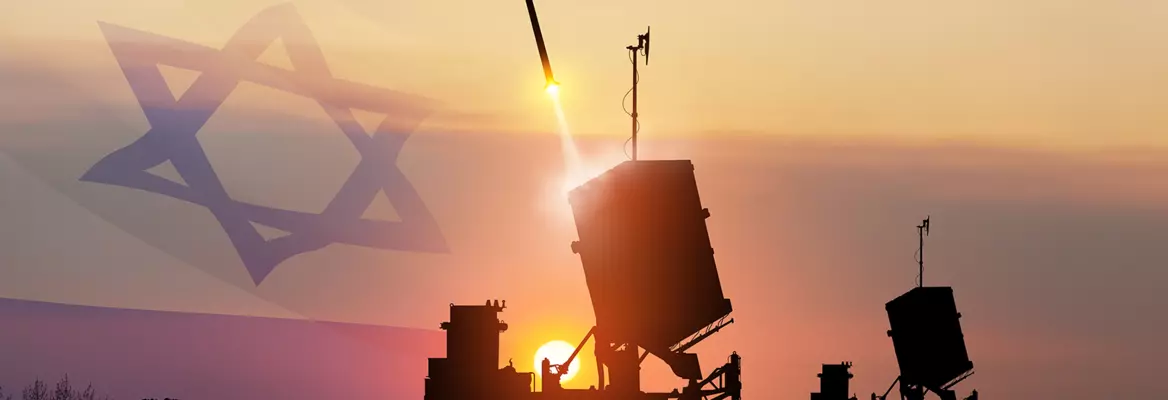In one fell swoop, Netanyahu appears to have silenced his domestic opposition, beheaded Hezbollah, and weathered Iran’s retaliation through Israeli escalation in Lebanon. But as Israel looks onto Iran, does this spell disaster for the Middle East and the West? Dr Christian Emery argues that this escalation is not intended to mark another protracted Lebanese occupation, but rather a potential prelude to Israeli strikes on Iranian nuclear facilities. If further Israeli escalation is not prevented, a disastrous regional war in the Middle East becomes ever more certain.
Israel’s political and military leadership seems to have concluded that now is the optimal moment to inflict a decisive blow to its enemies and drastically diminish Iran’s power in the Middle East. Regardless of the factors behind this, Prime Minister Benjamin Netanyahu’s belief that only overwhelming military dominance, perpetual occupation, and a willingness to escalate can create conditions for peace risks potentially dire consequences that threatens the long-term security he claims to seek. And with strong retaliation against Iran virtually guaranteed after it launched 200 missiles at Israel in response to the assassination of Hezbollah leader Hasan Nasrallah, it is becoming increasingly difficult to see how this cycle of escalation can avoid triggering a major regional war—something everyone but Netanyahu and his extremist political allies seem eager to prevent.
___
Until last week, Netanyahu looked to have finally reached his political dead-end in the face of intense criticism and daily protests from Israelis who condemned his inability to either eliminate Hamas after nearly 12 months of devastating conflict or secure the release of the 109 Israeli captives held in Gaza.
___
What is clear is that Israel's unexpectedly swift neutralisation of Hezbollah's political and military leadership has temporarily improved Netanyahu's domestic standing. This itself offers a compelling explanation for why the IDF are now engaging in bloody close quarter fighting with Hezbollah fighters in southern Lebanon. Until last week, Netanyahu looked to have finally reached his political dead-end in the face of intense criticism and daily protests from Israelis who condemned his inability to either eliminate Hamas after nearly 12 months of devastating conflict or secure the release of the 109 Israeli captives held in Gaza. He was also at odds with his senior military commanders over the absence of a long-term strategy in Gaza.
Many of the divisions that have plagued Netanyahu have, for now, been set aside. Virtually all sections of Israeli society celebrated the ingenuity and ruthlessness the Israeli military demonstrated in launching its campaign against Hezbollah, viewing this as a pivotal moment in restoring Israel’s reputation for military superiority and intelligence gathering expertise – both pillars of deterrence widely perceived to have been critically weakened by the October 7th massacre. By authorising the IDF’s carefully orchestrated operation against Hezbollah, Netanyahu has placated the Israeli military establishment while garnering greater tolerance for his lack of strategy in Gaza. Political leaders across the spectrum are either praising Israel’s military successes in Lebanon or refraining from openly criticising Netanyahu’s decisions. With Israel now facing direct attacks from Iran, the Israeli prime minister can count on a united front.






















Join the conversation